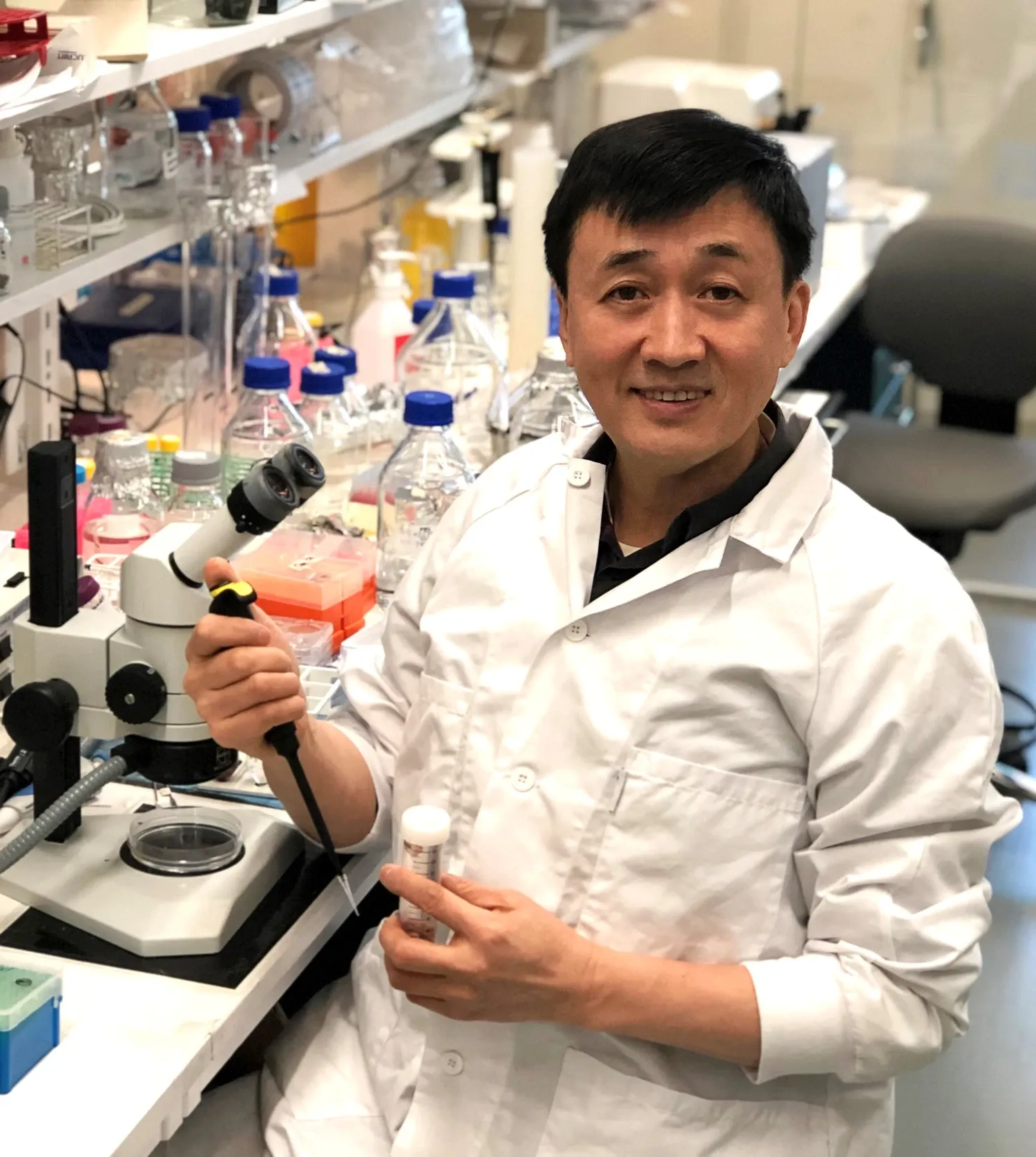In animal studies, researchers at Karolinska Institutet have found a possible mechanism for how the artificial sweetener aspartame may contribute to atherosclerosis - a common cause of cardiovascular disease and disease of the blood vessels in the brain. The study is published in the journal Cell Metabolism.
Artificial sweeteners must be deemed safe by the European Food Safety Authority (EFSA) for use in the EU, and there are regulations on what foods they can be used in and in what quantities. At the same time, some studies have reported links between long-term intake of artificial sweeteners and increased risk of cardiovascular disease. However, the results have not been conclusive, and the molecular mechanism of such an association has not been known.
Atherosclerosis in the aorta
Researchers at Karolinska Institutet are now presenting new knowledge about how the artificial sweetener aspartame could contribute to atherosclerosis. The study was conducted on mice and monkeys in collaboration with researchers from Shandong University in China and elsewhere.

"We show that aspartame consumption stimulates insulin release and contributes to atherosclerosis in mice, and which molecules are involved," explains Yihai Cao , professor at the Department of Microbiology, Tumor and Cell Biology at Karolinska Institutet, who led the study.
"It's just an animal study, but we think the results may also be relevant for humans because we see that aspartame affects insulin release in monkeys as well."
The mice in the study were fed a high-fat, high-cholesterol diet (HFCD) containing either 0.15 percent aspartame (an amount commonly used in studies on mice, just over twice the amount that human beverages are allowed to contain) or 15 percent regular sugar (sucrose). Six mice were included in each group.
The study shows, among other things, that mice that ate a diet containing aspartame for 12 weeks had more atherosclerosis in the aorta, the largest artery in the body, compared to mice that ate a diet with sugar or no sweet supplement.
Sugar had other effects
Regular sugar also contributed to the development of atherosclerosis, but the effect was noticeable later compared to aspartame. Sugar also had other effects that may affect long-term health. For example, mice given sugar gained body weight and body fat, whereas aspartame had no such effect.
Consumption of aspartame for 12 weeks resulted in higher insulin levels in the mice compared to consumption of sucrose or no sweetener, suggesting, according to the researchers, that long-term consumption of aspartame may lead to insulin resistance.
The researchers also identified an inflammatory protein called CX3CL1, in the aorta of mice, which may contribute to atherosclerosis through inflammation of the blood vessel wall. In mice lacking the receptor for CX3CL1, consumption of aspartame did not contribute to increased atherosclerosis formation. If the results also apply to humans, CX3CL1 or its receptor could be a potential target for cardiovascular and stroke drugs.
Human studies are needed
The experiments were carried out on mice that are particularly prone to developing atherosclerosis due to a genetic alteration, making it difficult to draw any conclusions about how aspartame affects humans.
Some findings were verified in studies on monkeys. They were given water mixed with either aspartame (0.15 percent) or sucrose (15 percent) for 10 minutes. In both groups, a temporary insulin peak occurred after 30 minutes. However, longer-term effects of aspartame intake or atherosclerosis formation were not studied in monkeys.
It is unknown whether aspartame affects insulin release in the same way in humans as previous research has produced conflicting results. Yihai Cao wants to collaborate with clinical researchers to investigate this but is also continuing the work in his own research group.
"We will investigate whether other artificial sweeteners have the same effect and how this is influenced by diet," he says. "Human studies are rather difficult to conduct because intake of other foods and beverages can result in insulin release. Different individuals may also respond differently because factors such as age, gender and lifestyle can also affect insulin release."
The research was funded by the Swedish Research Council, the Novo Nordisk Foundation and several Chinese research funders. See the scientific article for a complete list. The researchers declare that there are no conflicts of interest.
Publication
"Sweetener aspartame aggravates atherosclerosis through insulin-triggered inflammation" , Weijie Wu, Wenhai Sui, Sizhe Chen, Ziheng Guo, Xu Jing, Xiaolu Wang, Qun Wang, Xinshuang Yu, Wenjing Xiong, Jiansong Ji, Libo Yang, Yuan Zhang, Wenjing Jiang, Guohua Yu, Shuzhen Liu, Wei Tao, Chen Zhao, Yun Zhang, Yuguo Chen, Cheng Zhang och Yihai Cao, Cell Metabolism, online 19 February 2025, doi: 10.1016/j.cmet.2025.01.006.






